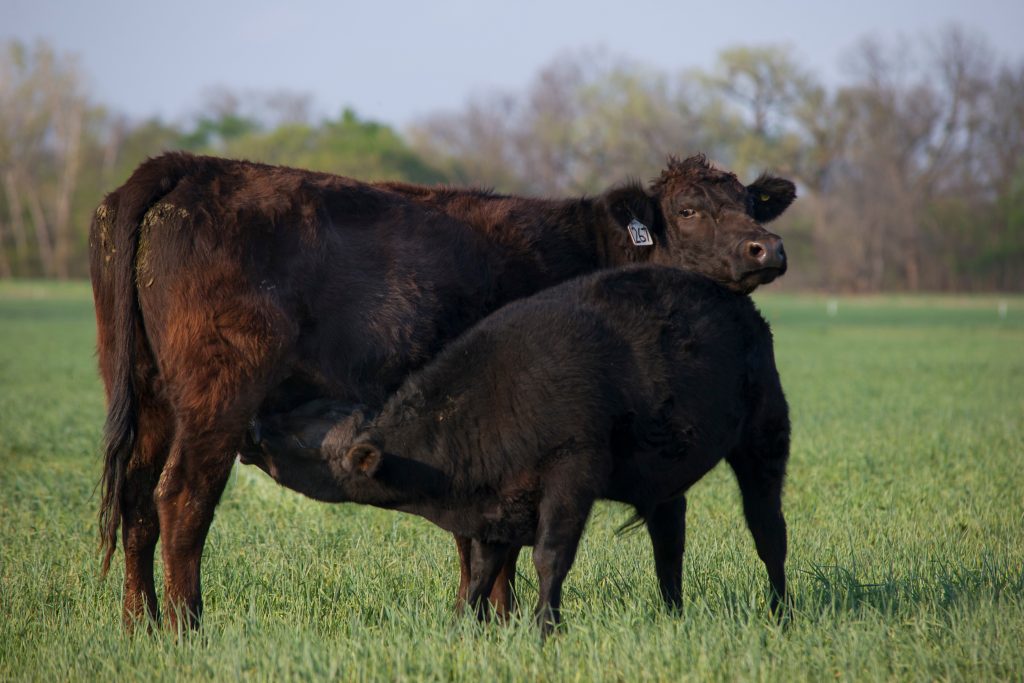
Senior Farm and Ranch Broadcaster, Ron Hays, is back talking with Kansas State University’s Dr. Bob Weaber about the future of genomics in beef cattle.
At Kansas State, Weaber said there is continued work on direct measures of dry matter intake, and carcass data. Weaber said carcass data is incredibly important to the cattle business, although it has lagged across many breed organizations because of the expensive cost and difficulty level of collection.
“Mature cow weight is another area that is really important from a selection index standpoint because it describes cost of production for our cows,” Weaber said.
While it is important to work on the progress of existing traits, Weaber said it is also critical to focus on the future. At Kansas State, Weaber said he and his colleagues are conducting more research on male fertility work to better understand differences in breeding soundness exams and how they influence conception rate and male fertility to improve the number of bulls that make it through seed stock production and out into the commercial space to improve efficiency.
Regarding discussions on sustainability in the beef industry, Weaber said methane is energy loss to the cowherd, and some estimates say upwards of ten percent of a cow’s energy is discarded as methane. Weaber said if there were a way to capture and use that energy, it would be to cattle producers’ advantage from a production strategy and an environmental improvement standpoint.
“The challenge is that data is really difficult to collect, so there is a lot of work going on to see if we can figure out sort of indicators of methane emission,” Weaber said.
In the long run, Weaber said he expects the public will demand decreased methane emissions over time, but in the short run, those in the industry can do a better job of improving the reproductive efficiency of the cow herd and more.
“If we can make sure our cows are more reproductively efficient, we get to wean off more calves per kilogram of methane emission, and we have improved what environmentalists call ‘intensity’ of our emission,” Weaber said. “I think that is an important thing for us to think about, and it supports almost all of the best practices or best management practices we have advocated for from an extension perspective.”
Weaber said focusing on the cow herd’s maternal performance, reproductive efficiency, and biological efficiency will dramatically improve sustainable outcomes.
The Beef Buzz is a regular feature heard on radio stations around the region on the Radio Oklahoma Ag Network and is a regular audio feature found on this website as well. Click on the LISTEN BAR for today’s show and check out our archives for older Beef Buzz shows covering the gamut of the beef cattle industry today.


















